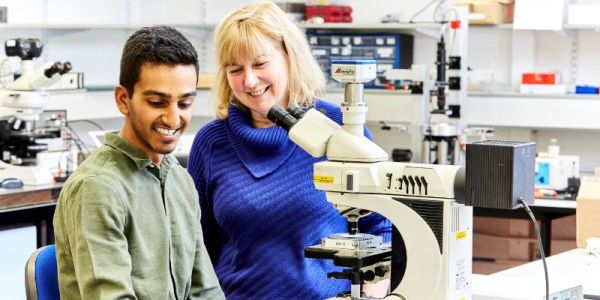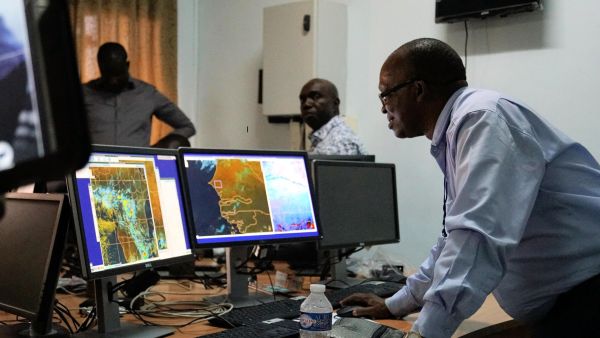
Leading University supporter Marjorie Ziff dies
It is with great sadness that the University has learned of the death of Marjorie Ziff.

It is with great sadness that the University has learned of the death of Marjorie Ziff.

A cutting edge “deeptech” company born when a Leeds academic discovered a revolutionary new material that gets thicker as it is stretched has attracted £2 million in investment.

Extended-reality assisted clinical training in perinatal mental health has been launched by Health Education England in collaboration with the University of Leeds.

Fake footage is a centuries-old problem that began long before digital technology, according to a Leeds academic.

A moving poem about living with young onset Parkinson's has been penned by an academic at the University of Leeds to mark World Parkinson’s Day.

A charity based on the University of Leeds’ campus celebrated its ground-breaking communications work during a biannual awards event.

Artists from around the globe have been connected with Leeds academics to explore climate change and justice in an online research project.

Scientists have found a new way to predict which myeloma patients will benefit the most from a treatment often used to help keep the blood cancer from coming back after a stem cell transplant.

Scientists have been awarded £2 million to develop ways of alerting communities in South Africa, Zambia and Mozambique to extreme weather.

Students around the globe will be able to experience world-class expertise from the University of Leeds - as it launches a new fully-online course.